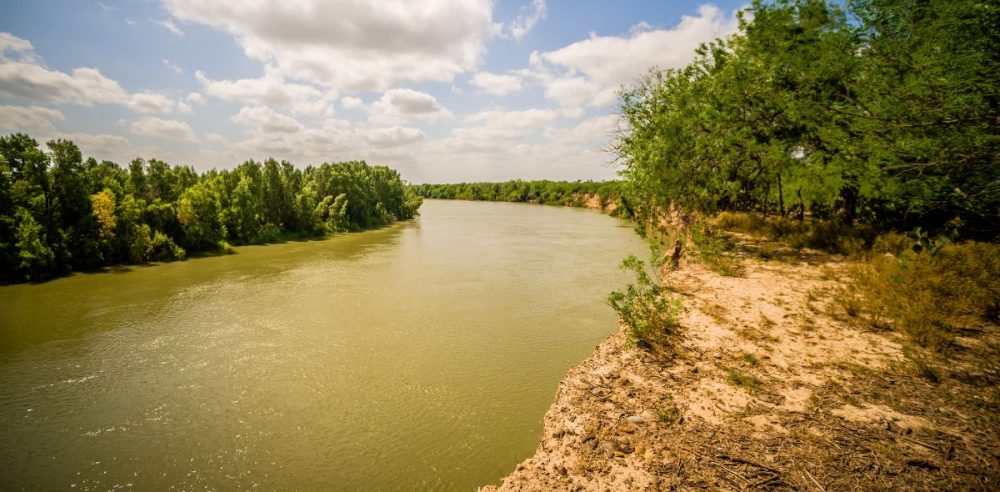(Texas Scorecard) – The International Boundary and Water Commission has announced that an agreement has been signed to help ensure consistent water deliveries from Mexico to the U.S.
“The newly amended water agreement between the United States and Mexico is a step in the right direction, but Texans know that promises don’t water our fields, sustain our livestock, or supply our cities. While we welcome progress to secure the state’s water supply, we need action—plain and simple,” explained Texas Agriculture Commissioner Sid Miller.
“Over the past few weeks, I’ve been in constant talks with U.S. and Mexican officials, turning up the heat on Mexico to finally make good on their commitments. On October 17, 2024, I issued an executive order allowing Texas farmers and ranchers to tap directly into the Rio Grande, and, sure enough, Mexico finally showed up at the table,” he added.
At the meeting, 17 resolutions were agreed upon and signed by commissioners from the U.S. and Mexico.
The resolution allows Mexico to send water to the U.S. from rivers and tributaries that normally would have been used by Mexico. This can only be done with prior agreement from the U.S. and with advance notice.
According to its stipulations, the resolution is designed to help prevent Mexico from falling short in delivering its required amount of water to the Rio Grande Valley.
“This is Mexico’s chance to step up and cover its past shortfalls. We’ll be watching closely to ensure every promise is kept. Our cities, communities, and farmers and ranchers have earned it, and I won’t let Texas be left high and dry,” Miller continued.
According to a 1944 treaty, Mexico is supposed to deliver 350,000 acre-feet of water to the South Rio Grande Valley over the course of five years. However, since 2020, it has started to fall behind in delivering the full amount of water required.
Last month, Miller signed an executive order to allow Rio Grande Valley ranchers and farmers to use water from the Rio Grande. These industries have suffered greatly from Mexico’s failure to deliver the water required by the 1944 treaty.


